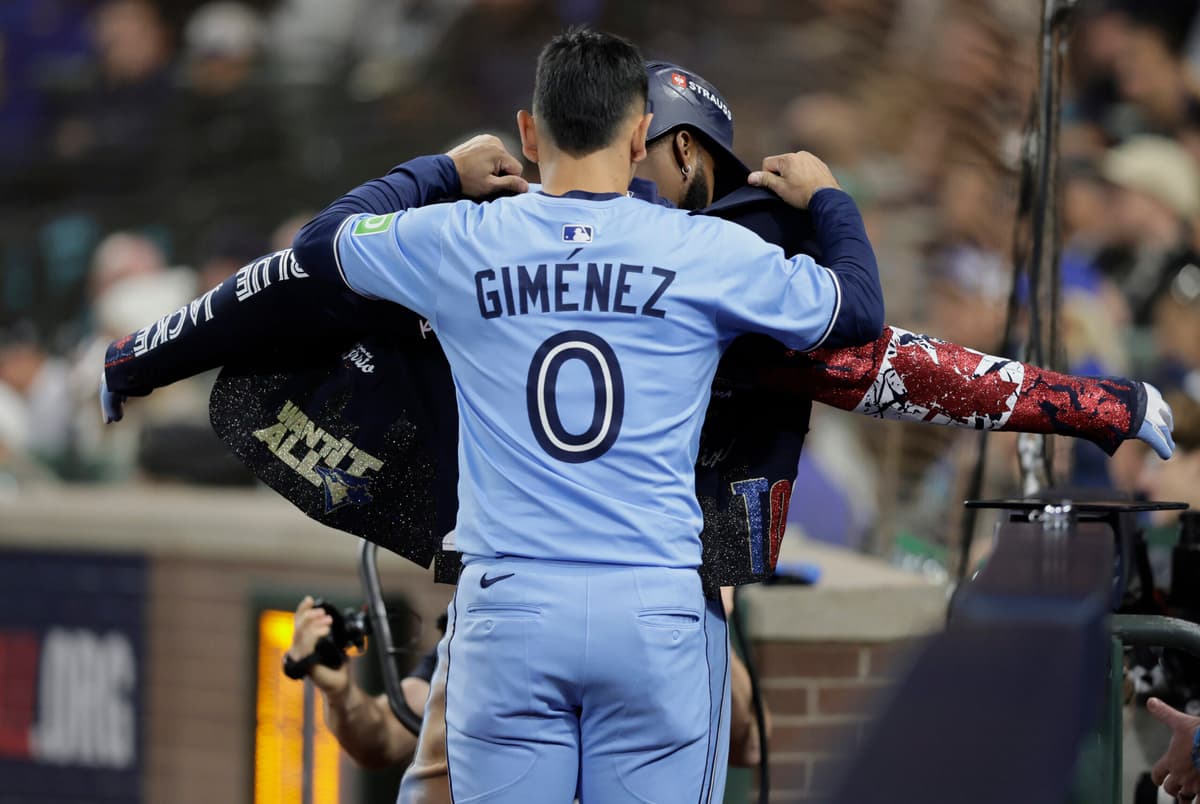
"The bottom of the seventh inning of Game 7 of the ALCS against Seattle is a perfect example. First, Addison Barger worked a lead-off walk. Then, Isiah Kiner-Falefa followed with a single to put two on. Following that, Andrés Giménez put down a perfect sacrifice bunt to set the table for George Springer's season-changing three-run blast to give the Blue Jays the lead."
"That success is a direct contrast to what the Mariners got out of the bottom of the order in the ALCS. In Game 7, Mariners manager Dan Wilson decided to have his No. 7 hitter, J.P. Crawford, bunt with two on and nobody out with the game tied at 1-1 in the top of the second inning. Leo Rivas and Victor Robles failed to cash in a run, and both finished the series with batting averages well below the Mendoza Line."
"In a series as tight as the ALCS was, it's that type of disparity that can end up making the difference. Barger finished the ALCS with a .958 OPS, Kiner-Falefa hit .333 with several clutch hits, while Giménez put a miserable regular season at the plate behind him with two crucial home runs in Games 3 and 4 in Seattle. The No. 7 spot in the Blue Jays lineup slashed .280/.357/.560 (.917 OPS) against Seattle,"
Bottom-of-order players provided unexpected, game-changing contributions throughout 2025 and continued producing in the postseason against tougher pitching. A pivotal sequence in Game 7 of the ALCS featured a Barger walk, a Kiner-Falefa single and an Andrés Giménez sacrifice bunt that set up George Springer's three-run homer. The Mariners' lower order failed to convert chances and finished with low batting averages, creating a critical disparity. Barger (.958 OPS), Kiner-Falefa (.333) and Giménez (two clutch homers) supplied key offense. Strong production from the No. 7–9 spots was a decisive factor in reaching the first World Series in over thirty years.
Read at BlueJaysNation
Unable to calculate read time
Collection
[
|
...
]